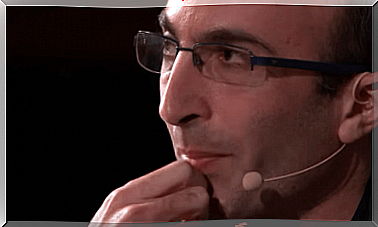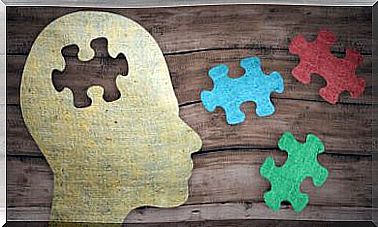5 Signs That You Are Selfish, And How You Can Change

As human beings, we are programmed to pursue our own interests. However, there is a big difference between whether you are pursuing your own interests or whether you are selfish.
It is not impossible to reconcile self-thinking with generosity, selfless behavior and solidarity. In fact, in today’s society, it is possible to reap many benefits by being selfless and generous. In addition, these benefits are innate, so they maintain our motivation.
Many feel that they have to be selfish because others are also selfish and society creates great uncertainty. But choosing a more generous life and being more interested in others as well as being less individualistic is the best way to attract opportunities.
How do you know if you are a selfish person
People are inherently selfish because selfishness has grown out of a need to survive. Compassion also arose for the same reason. After all, humans as a species might not have survived without the ability to build relationships.
In this sense, it is necessary to redefine selfishness and find a balance between our own interests and the community in which we live.

1. Do you have difficulty understanding the benefits of generosity?
Actually, thinking about the common good or the interest of others is an act that is also somewhat selfish, because at least in theory, what is good for the group or others also benefits the individual.
A selfish person cannot see the benefits of sharing his or her time, knowledge, or resources. Selfish people think that the only thing that benefits them is real compensation, or worse, they believe it is better to get yourself a small very own benefit than a big benefit to share with others.
2. Do you get nervous when you can’t control?
Being able to hold the reins in your hands is a good thing, but what happens when another person has the reins? What happens when you rely on others? Can you positively give responsibility to someone else? Can you respect their decisions and adapt to them?
For a selfish person, the work inputs and needs of others are less important or valuable than their own.
Selfish people need to control everything that concerns them, both directly and indirectly. That fear of control makes them overly critical of others and keeps them mentally away from anything that might involve sharing responsibility or some sort of loss of control.

3. Do you have difficulty working in a group?
Cooperation requires the ability to listen, take on responsibilities, and accept the opinions and suggestions made by others. This is very closely related to the obsession we just mentioned to avoid losing control. In this sense, an inability to work in a group may indicate problems with selfishness.
Collaborative intelligence, or collective intelligence, is essential for anyone who moves in a social environment. That’s why collaboration is so important from all angles, from learning to expanding a business.
We can achieve more if we work together if everyone makes their own contribution to the whole and puts it at the service of others so that they can continue to explore and expand their knowledge. Selfish people don’t see this because they believe that what others earn is away from them, even though in reality we all win.
4. Is it hard to take the reasons for it?
Circumventing the cause is the basic way to justify something that has not gone well. Behind a person who is unable to bear his or her share of responsibility is probably a selfish person who only knows how to avoid retaliation or appearing in a bad light.
Taking responsibility is, in fact, truly liberating, just as it is accepting the mistake of someone else without condemning or humiliating him. Accepting responsibility without the burden of guilt is an awesome act of generosity toward oneself, and that generosity extends to other people as needed.
5. Do you feel that nothing is enough and you want more all the time?
If you are a person who is not happy and grateful for what he or she already has, your biggest concern will always be the desire to get more and more all the time so that the needs of others are left behind. A person who does not value what he already has feels unhappy and poor and cannot see the value of something that, even if trivial, is exactly what he needs.

Behind an individual’s superficiality and materialism is usually a selfish person who usually cares only for his or her own materialistic needs, so he or she despises and / or ignores the needs of others, including the spiritual ones.









